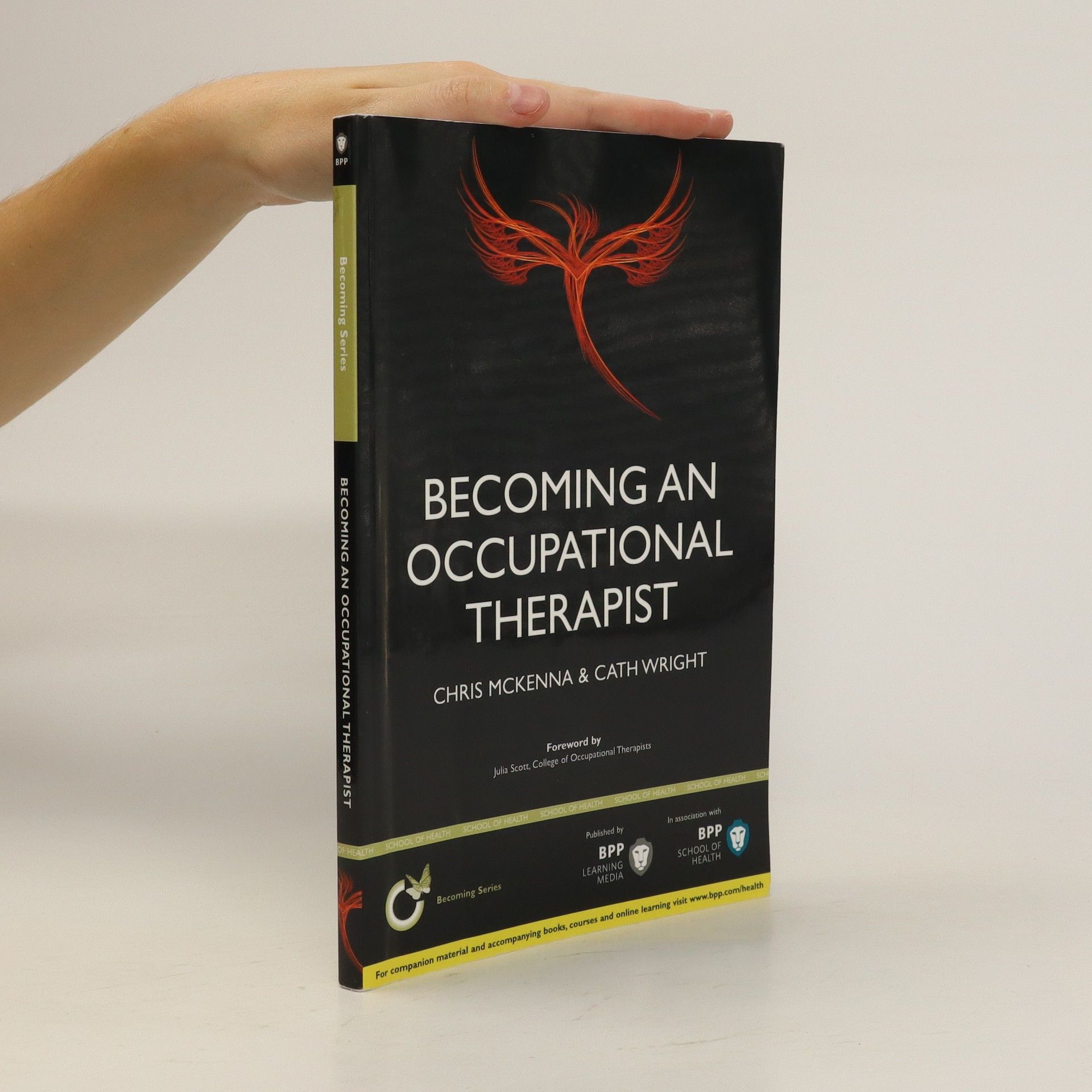Popular Radicalism and the Unemployed in Chicago during the Great Depression
- 250 pages
- 9 hours of reading
The long-term unemployed in the Great Depression were not the mute, passive victims of circumstance we might think. Their collective struggles for survival challenged fundamental institutions of capitalism, and in their successes and failures hold lessons for us today.

